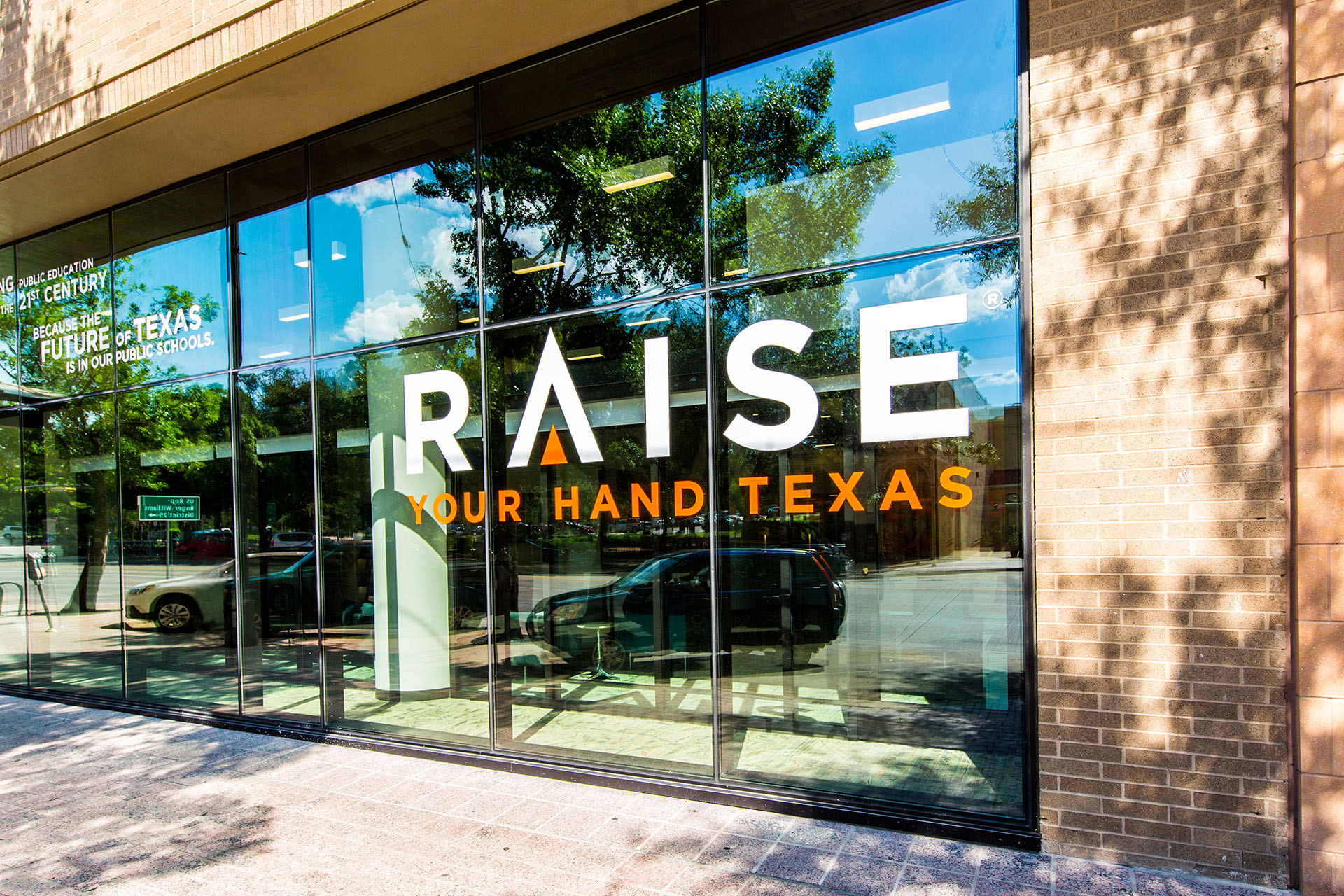
categories
House Bill 4340 Written Testimony by Dr. Michelle Smith

April 11, 2023
Raise Your Hand Texas submitted the following written testimony in response to the Texas House Committee on Public Education Hearing on April 11, 2023, regarding House Bill 4340. Raise Your Hand Texas will continue to keep the public informed through written and invited/public testimony on the issues related to public education in Texas.
Written by Dr. Michelle Smith
Raise Your Hand Texas
Before the Texas House Committee on Public Education
The Honorable Representative Brad Buckley, Chair
April 11, 2023
Key Points
- Raise Your Hand Texas opposes any form of school voucher, including the provision in HB 4340 that creates an Education Savings Account
- Vouchers, including the ESA being proposed, will divert public funds to private schools and vendors, and will then continue to undermine traditional public schools and charter schools
- HB 4340 clearly acknowledges that private schools and vendors will not be required to comply with federal and state protections for students with disabilities, protections public schools are required to offer
- Our Texas public schools already provide a wide range of choices allowing students and parents to customize education to individual interests and needs; and, unlike vouchers, which usually don’t cover the full cost of tuition and services, these choices are truly available to every child
Position: Oppose, Written Testimony
As Texas school districts face record inflation and an ongoing teacher shortage, the Texas Legislature should not invest its time and resources in programs that fail to support all of our 5.4 million public school students. This includes all forms of voucher programs, including the provision in HB 4340 which aims to create an Education Savings Account.
Under this proposed voucher program, each eligible student would receive 90% of the state average M&O revenue per student on an annual basis for private school tuition, instructional materials, or educational therapies. The bill allows the comptroller to deduct 3% for the cost of administering the program and the certified educational assistance organization is allowed to deduct 5% for administering the program. The net funding amount will not cover the full cost of an average private school tuition and therefore this program will not serve a vast majority of students in our state who cannot afford the remaining costs of a private education.
More importantly, voucher programs do not help our students improve academically. Recent research on our country’s longest and largest voucher programs shows that these programs do not improve student test scores or academic achievement over time, including having a positive impact on college enrollment and completion rates for disadvantaged students.
HB 4340 also clearly acknowledges that private schools and vendors do not have to provide the same education as public schools. Under provisions of this bill, a certified educational assistance organization shall post on the organization’s internet website, and provide each parent who
submits an application for the program, a notice stating private schools are not subject to federal and state laws regarding the provision of educational services to a child with a disability in the same manner as a public school.
For decades, Texas has been a leader in holding public schools accountable. Parents and other stakeholders deserve consistent and comparable information about school performance. Voucher proposals have not required private schools to serve all students and meet the same accountability standards as public schools.
Raise Your Hand Texas believes state dollars should remain in our public schools. Only public schools serve all students and are required to meet federal standards for those with disabilities or limited English proficiency. Our public schools are equitably funded and held accountable for measurable student results. That is the system that best serves all Texas families and taxpayers.
For the most recent research on voucher programs, including: 1. Who accesses vouchers and who does not? 2. What is the impact of voucher programs on student outcomes? 3. Do voucher programs exert a competitive effect that results in improved outcomes for surrounding public schools? visit raiseyourhandtexas.org and read Do School Vouchers Increase School Choice and Student Achievement?



